Initiative for Maximizing Student Development
The Georgetown University Initiative for Maximizing Student Development (GU IMSD) was a program reflecting BGE’s institutional commitment to scientific workforce development. Leveraging an interdisciplinary network of more than 60 faculty across seven graduate programs and departments, the GU IMSD developed a diverse cadre of scholars prepared for careers in the biomedical scientific workforce.
The IMSD program is not accepting applications at this time.
The IMSD T32 program at Georgetown University was funded by the National Institute of General Medical Sciences of the National Institutes of Health (1T32GM144880-01).
Fellows
Meet the doctoral trainees of the IMSD program.
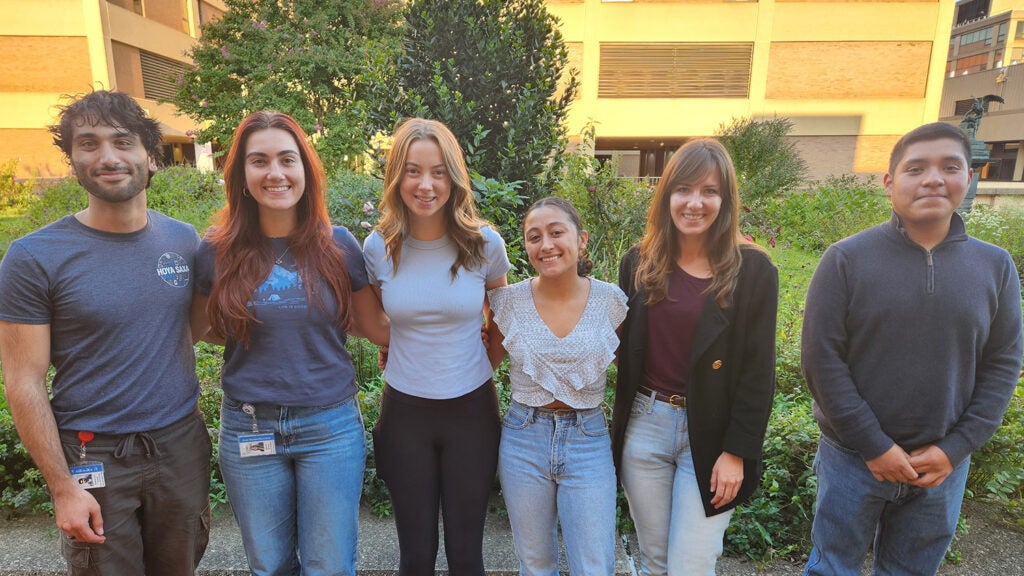
GU IMSD 2024 Cohort (from left): Giorgi Shautidze, Celine Ertekin, Meghan Brandt, Sofia Montoya, Jennifer Dukov and Johnny Velasquez. Not pictured: Lily Sabol.
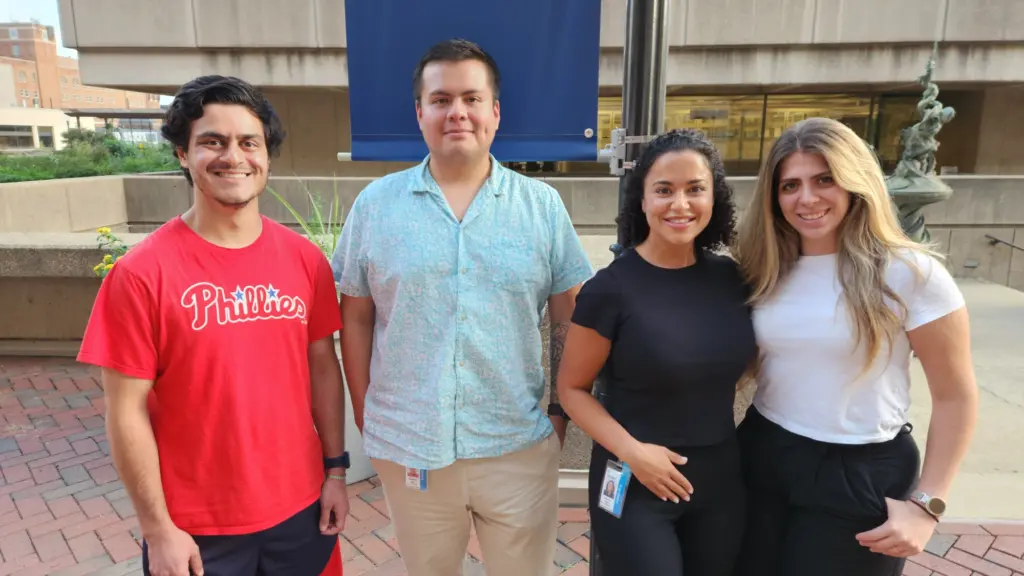
GU IMSD 2023 Cohort (from left): Abbas Hussain, Alejandro (Alec) Gamboa Fuentes, Malak Mackie, and Flavia Miccolis Martins Pereira. Not pictured: Enagnon Renaud Missihoun.
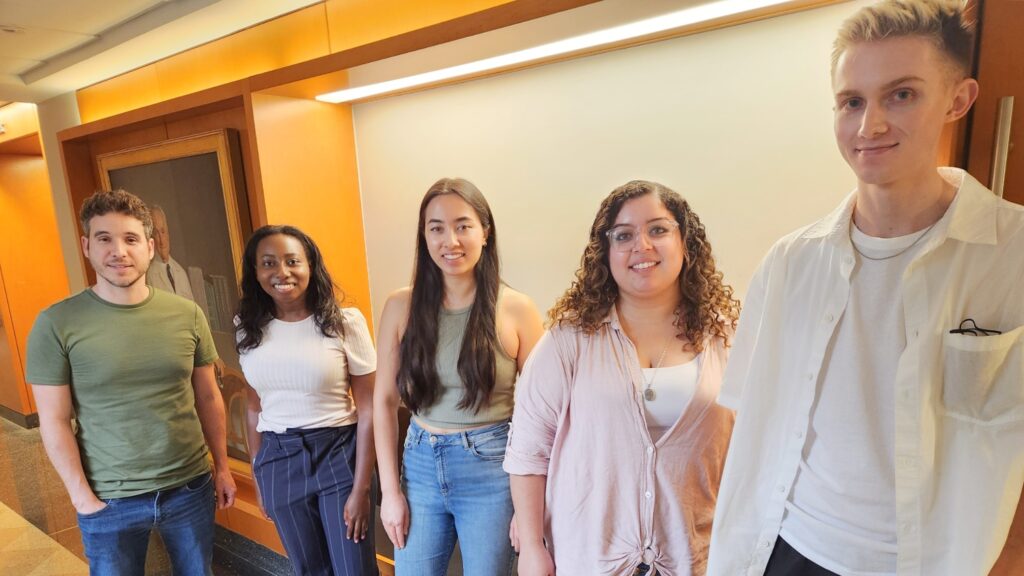
GU IMSD 2022 Cohort (from left): Reniel Suarez Gonzalez, Korliss Britt, Cheyenne Orozco, Giselle Burton Sojo, and Samuel Allsup.
2024 Cohort
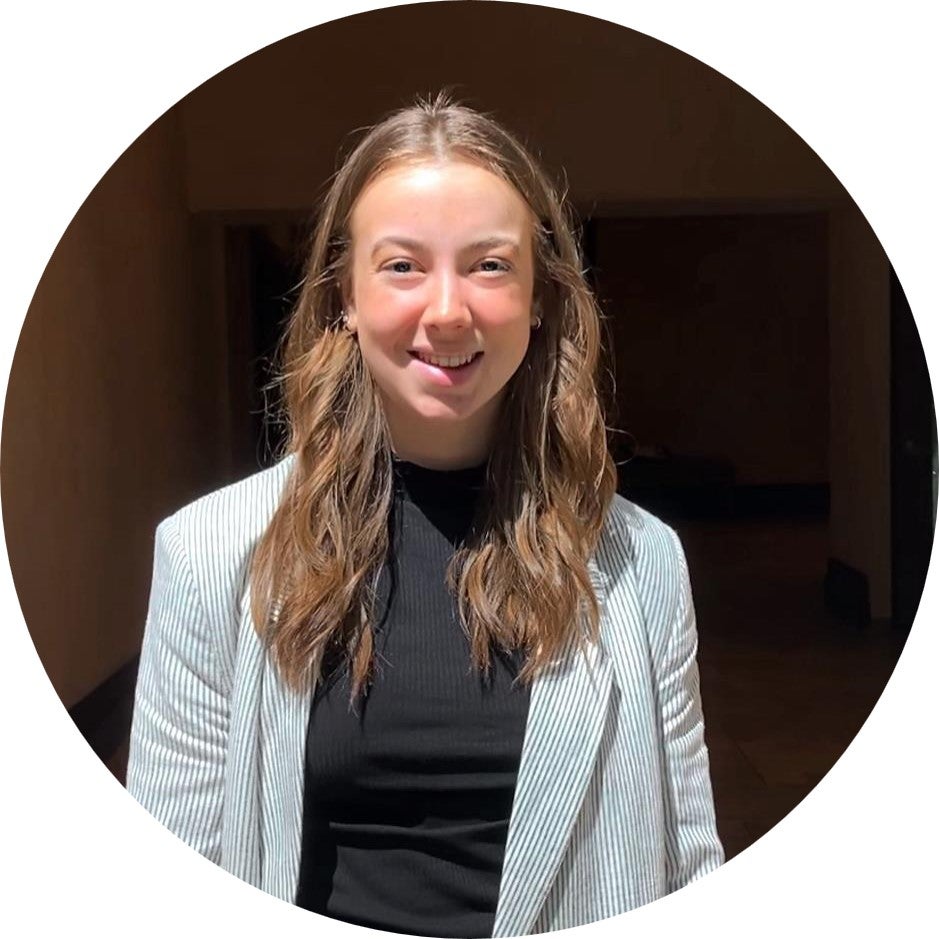
Meghan Brandt
Chemistry
“I have been blessed with really great mentors whom I strive to be like…One of my main goals in life is to be a mentor for others and inspire them to accomplish whatever they want.”
Jennifer Dukov
Biology
“I’ve learned that having a trusted mentor involved from the beginning can greatly aid in the challenging process of crafting a convincing narrative. Let your mentor in on the ground floor of the application process!”
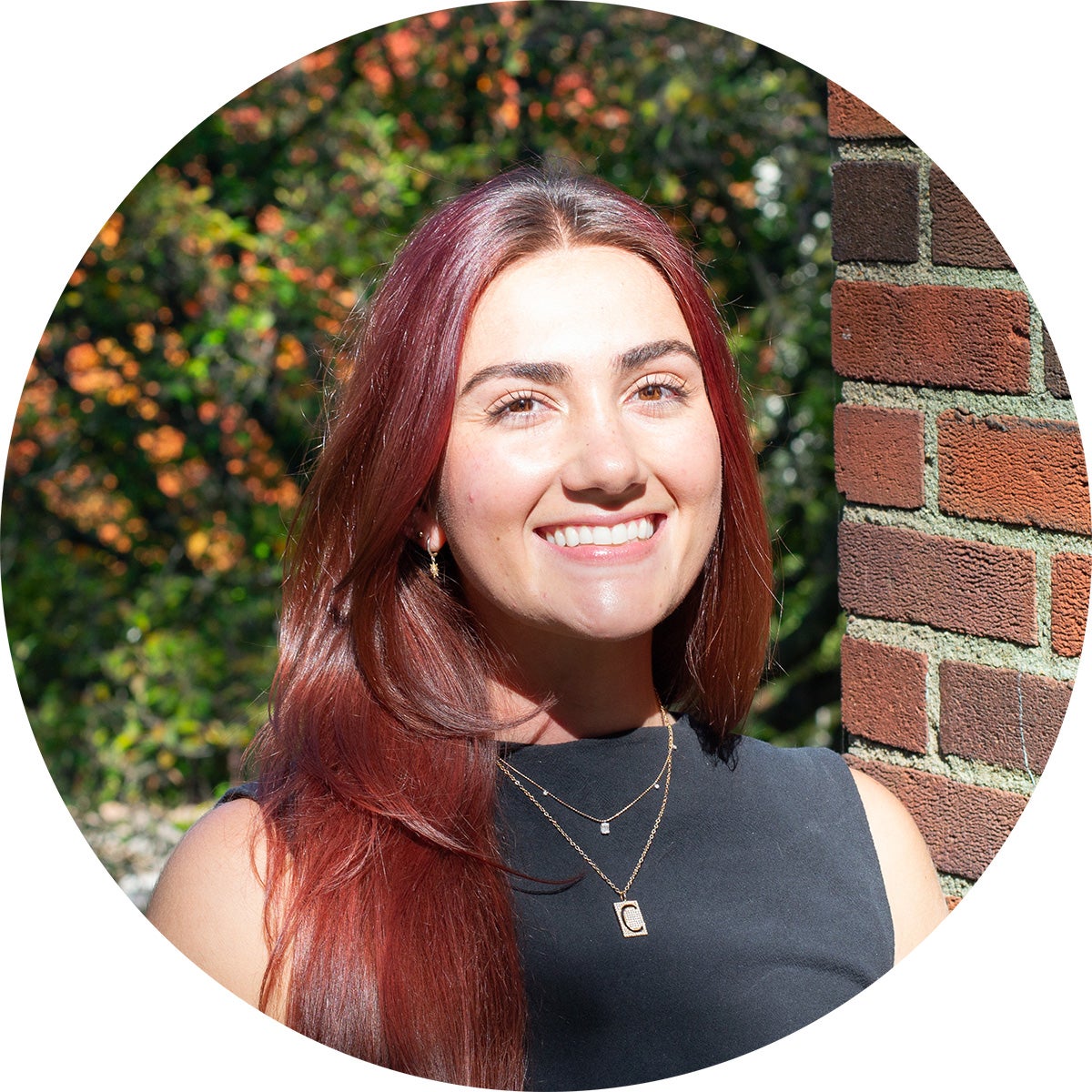
Celine Ertekin
Neuroscience
“For applicants, I recommend taking the time to understand your motivations and how your experiences have influenced your research interests and career goals.”
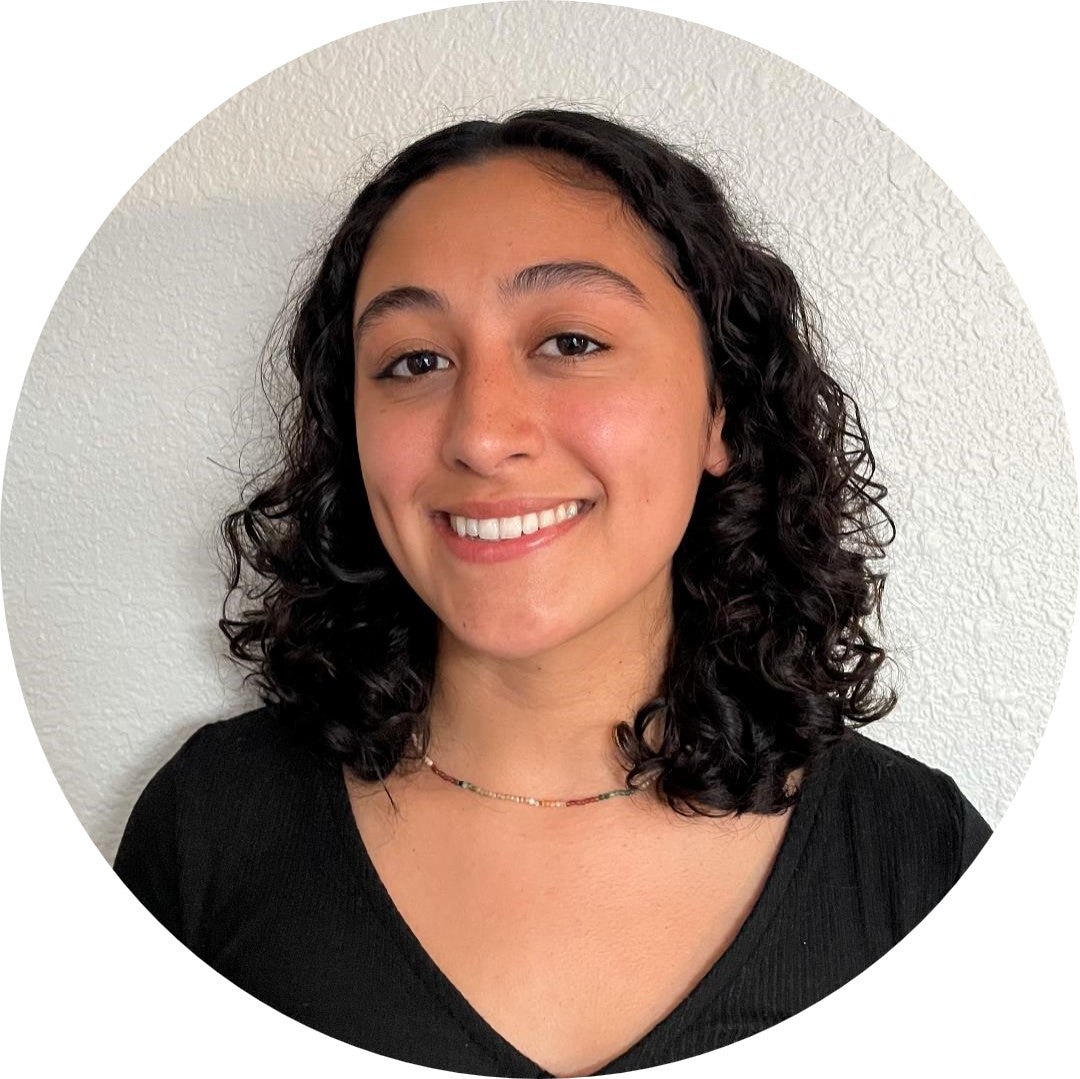
Sofia Montoya
Neuroscience
“Take some time to reflect. I was asked a lot why I wanted to pursue a doctoral program and at times I even questioned it myself… It’s all about telling your story.”

Lily Sabol
Biochemistry and Molecular & Cellular Biology
“I took the intro biology classes for fun, and while taking those classes, my professors saw my knack for science and pushed me to consider a different path. I am incredibly grateful to have listened to their advice.”
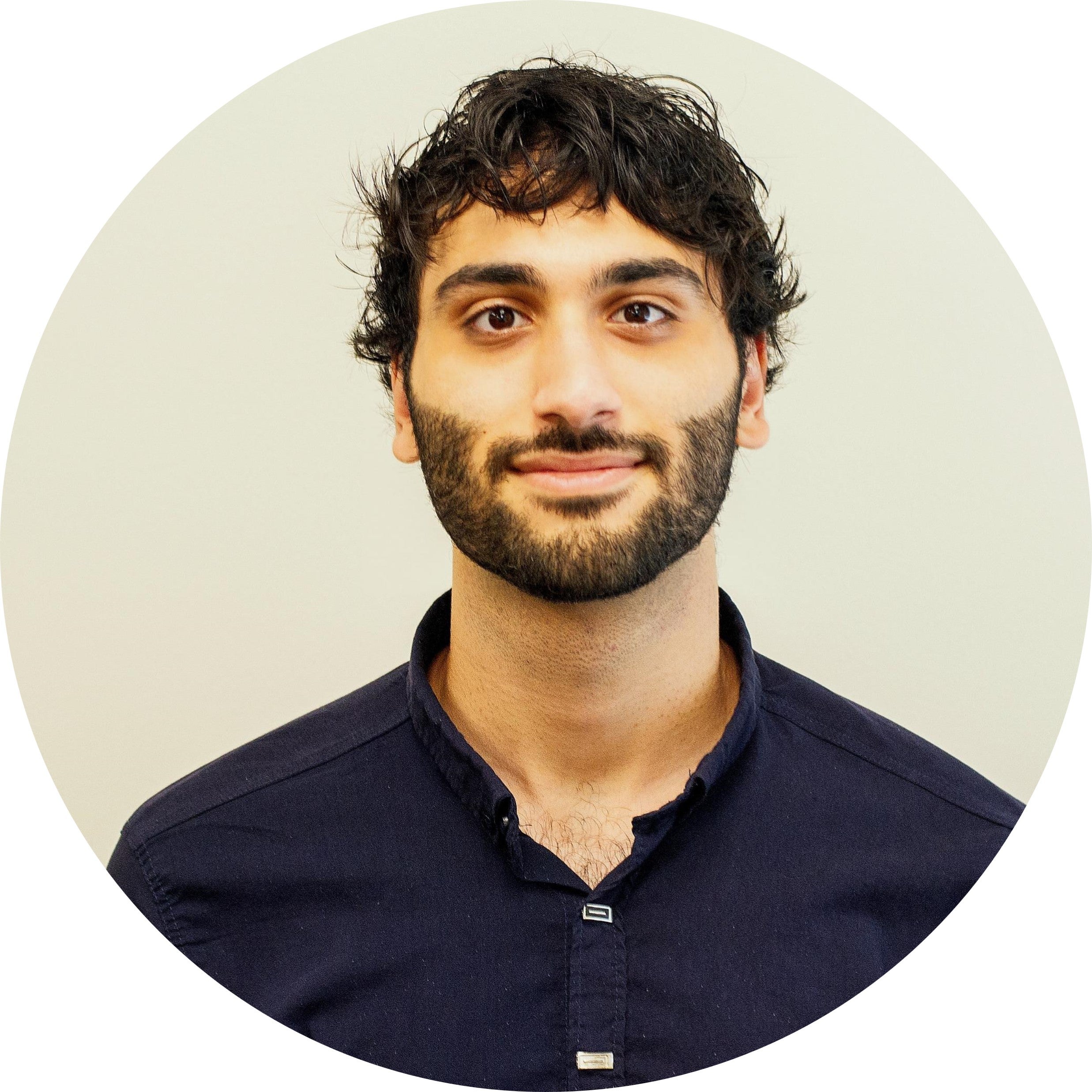
Giorgi Shautidze
Pharmacology & Physiology
“As a child, I realized that all the breakthroughs in my field of interest (which was obviously black holes at that time) were happening due to ‘scientists’ and ‘researchers’… I decided from an early age that I would be a part of this progress.”
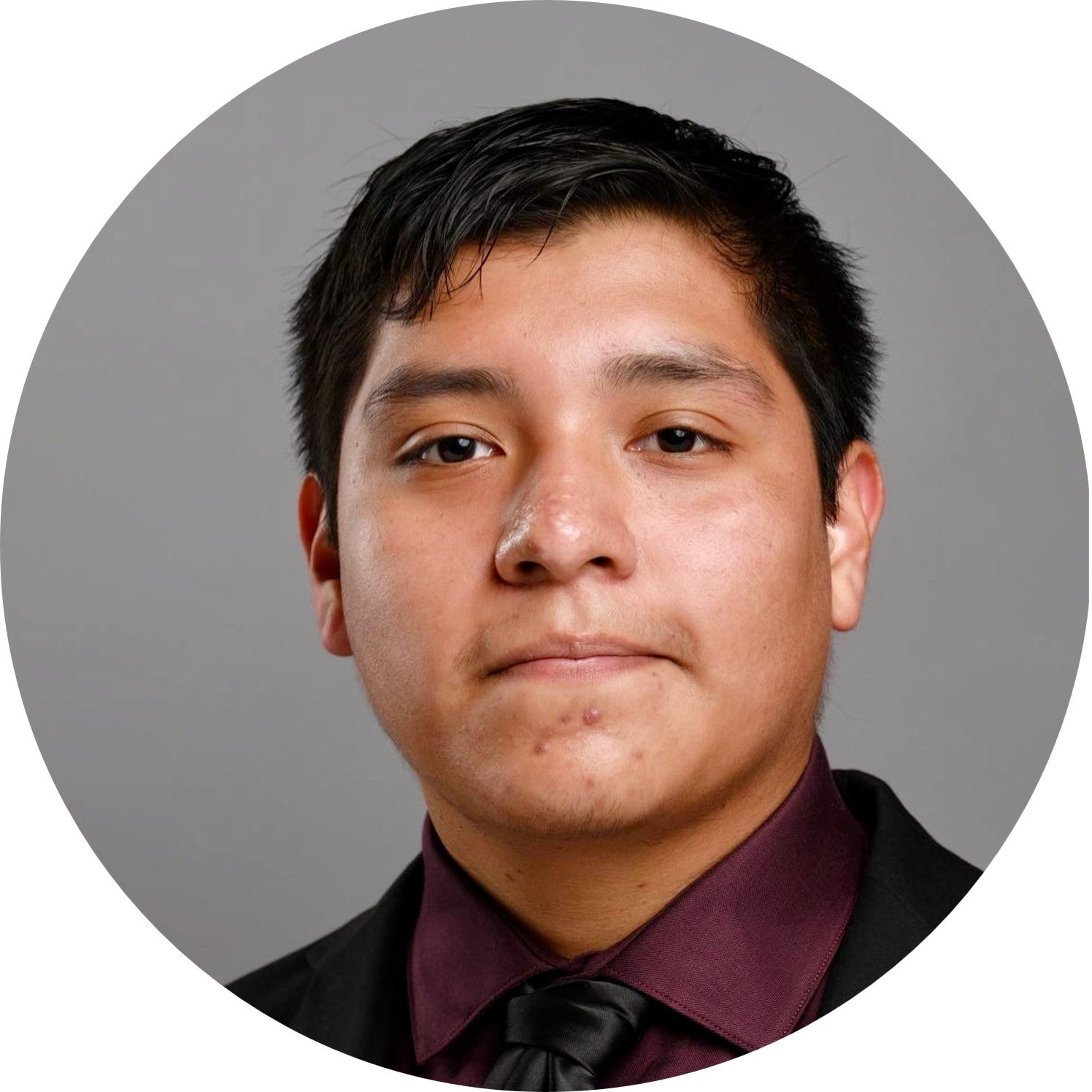
Johnny Velasquez
Tumor Biology
“My goal is not only to contribute scientifically but also foster inclusivity and growth within the field.”
2023 Cohort
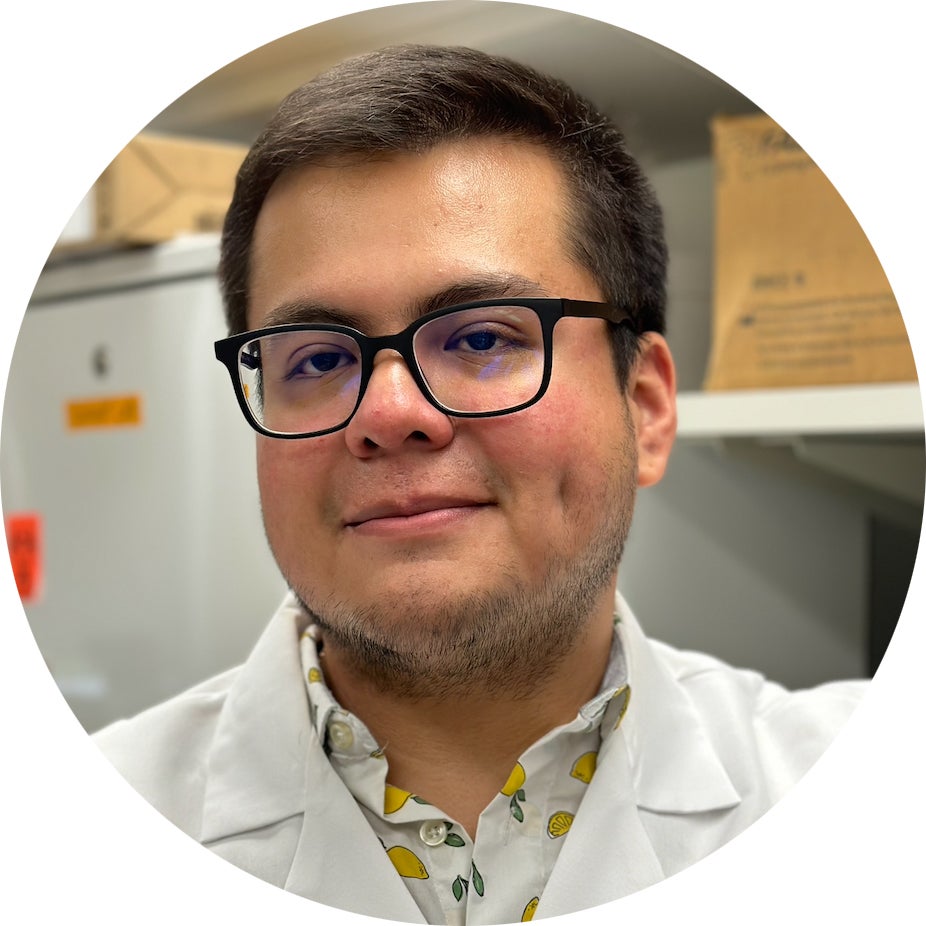
Alec Gamboa
Neuroscience
“I think it’s fascinating to be able to bring different fields together and share methodologies that contribute to the same topic.”
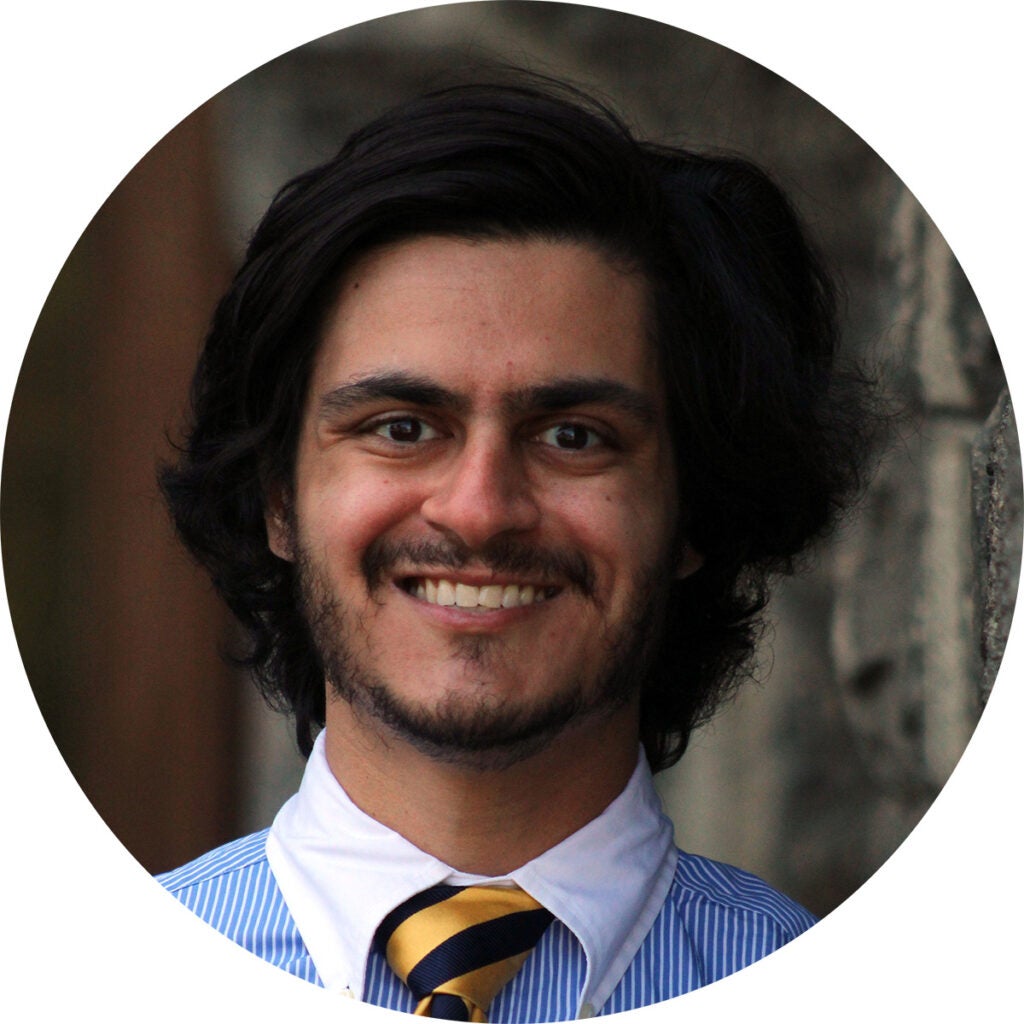
Abbas Hussain
Pharmacology & Physiology
“I hope to become more interconnected with other Ph.D. programs and the Georgetown community as a whole.”
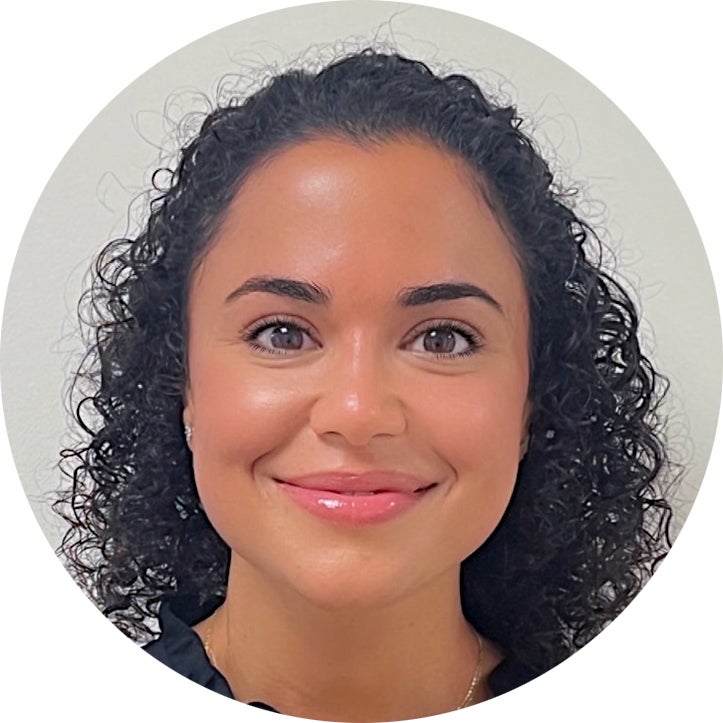
Malak Mackie
Biochemistry and Molecular & Cellular Biology
“The network of research scientists you are welcomed into becomes your motive force, driving you toward a future of great discovery.”

Flavia Miccolis
Chemistry
“I have being trying to be a positive influence to others like my mentors were to me.”
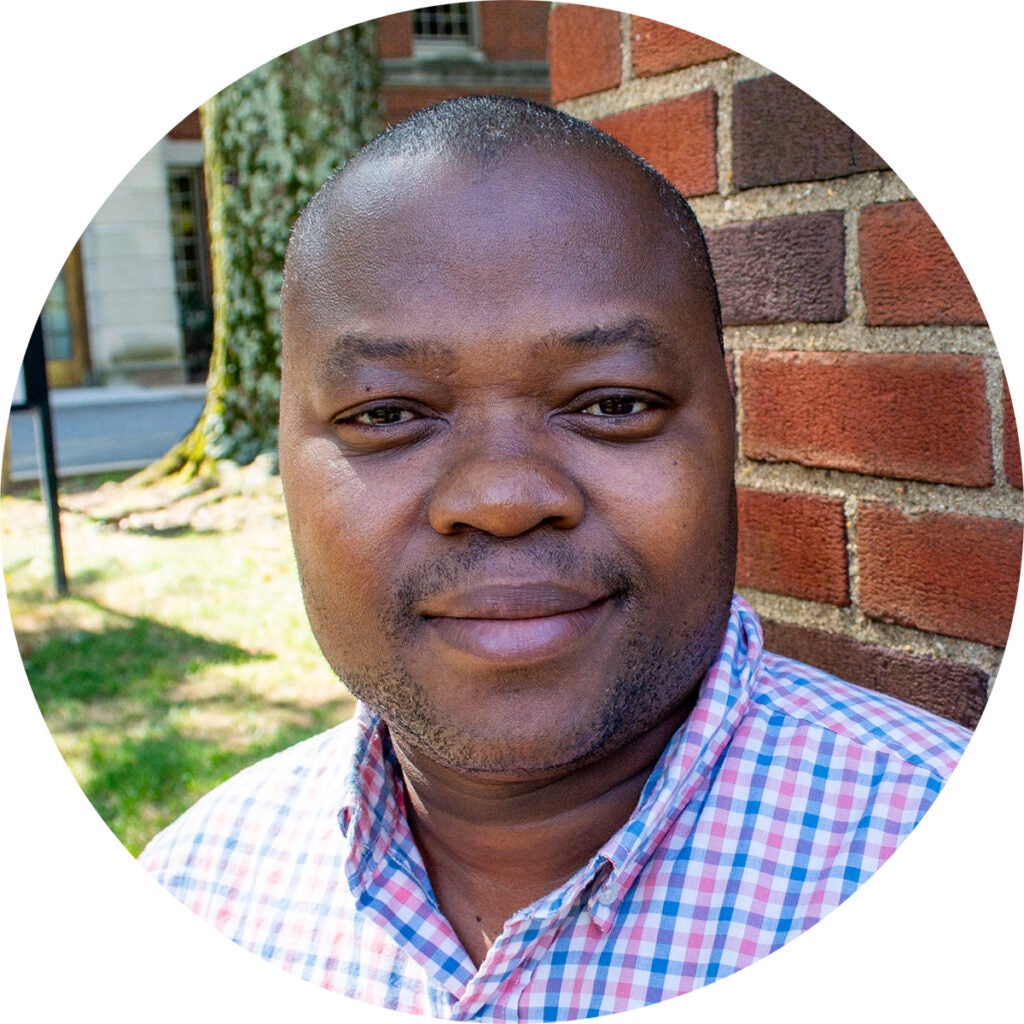
Ronald Missihoun
Tumor Biology
“I hope to build leadership, organizational, team-building skills with a note on professional development and project management.”
2022 Cohort

Samuel Allsup
Biochemistry and Molecular & Cellular Biology
“I hope the program will build a community, and also help me be able to categorize and assess my own strengths and identify areas for additional work.”

Korliss Britt
Neuroscience
“I hope to gain knowledge and skills to develop as a neuroscientist through networking.”
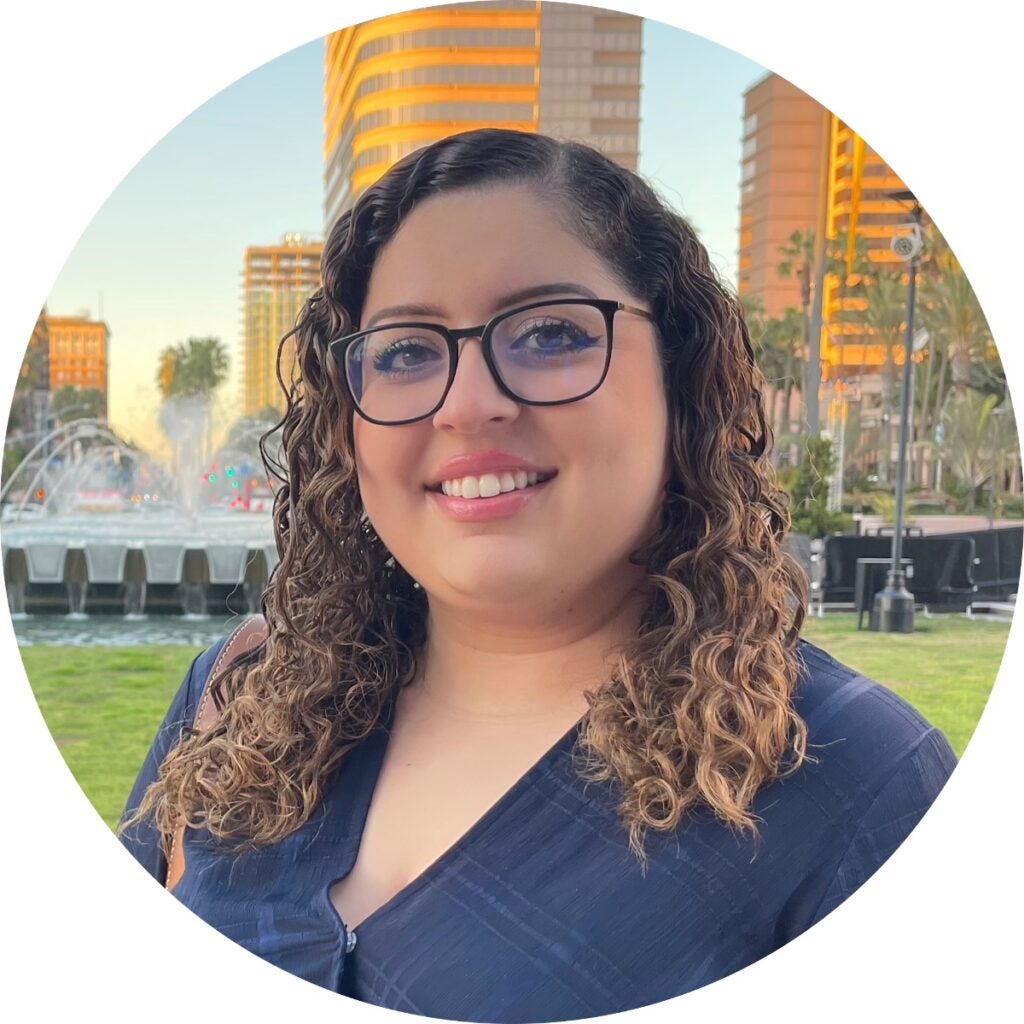
Giselle Burton Sojo
Tumor Biology
“I have loved having mentors and also have enjoyed being a mentor, so it is definitely something that has played a very important role in my career and educational journey.”
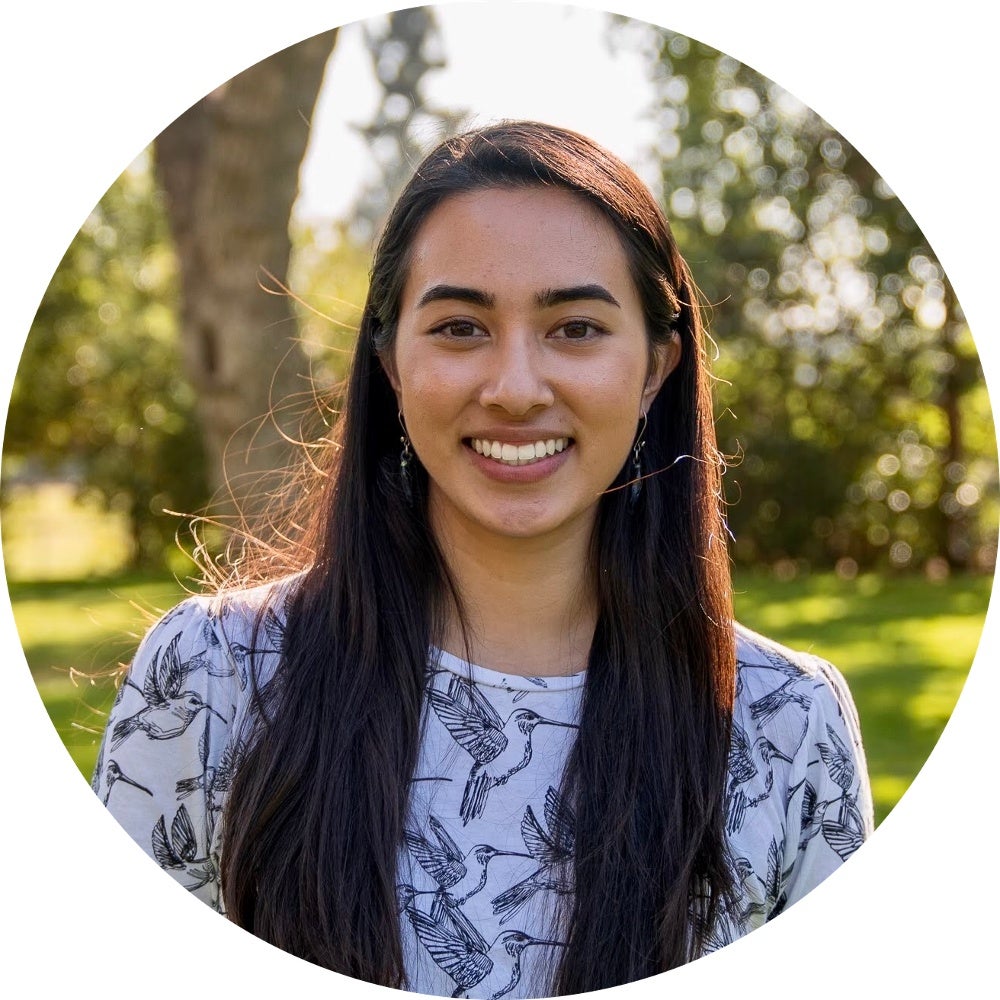
Cheyenne Orozco
Chemistry
“Pursuing a Ph.D. requires more perseverance and confidence than anything else.”
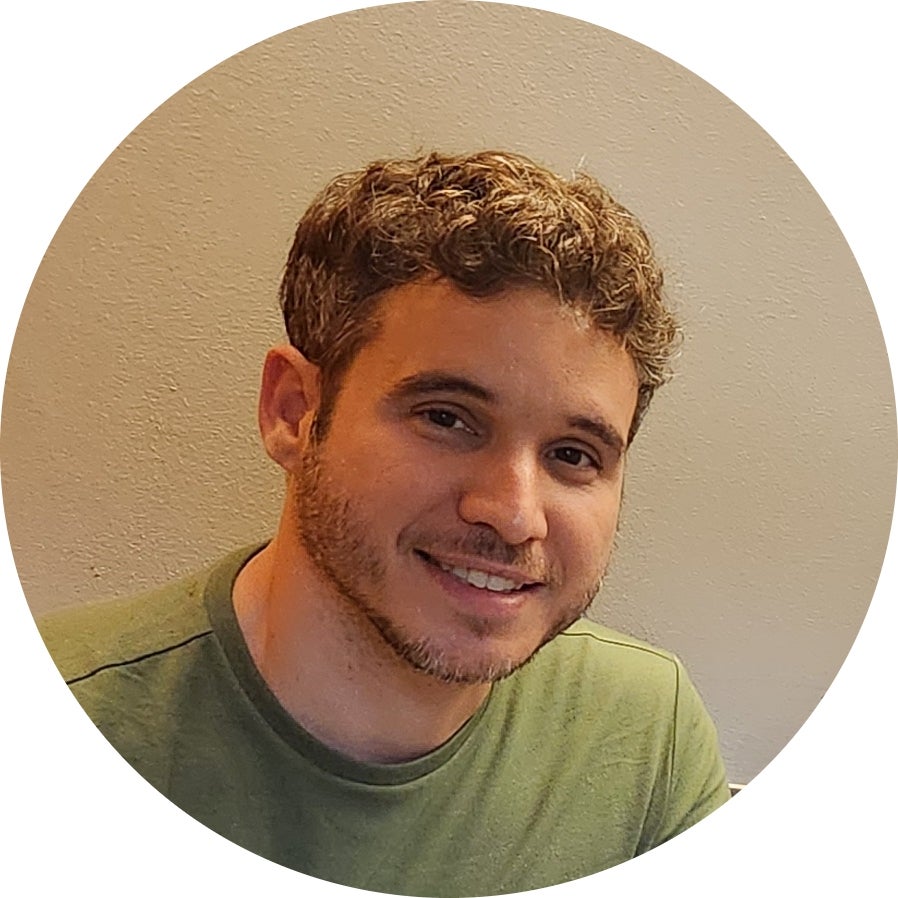
Reniel Suarez Gonzalez
Pharmacology & Physiology
“The only way we can make science more inclusive is by assuming decision-making roles that contribute to achieving this goal.”
